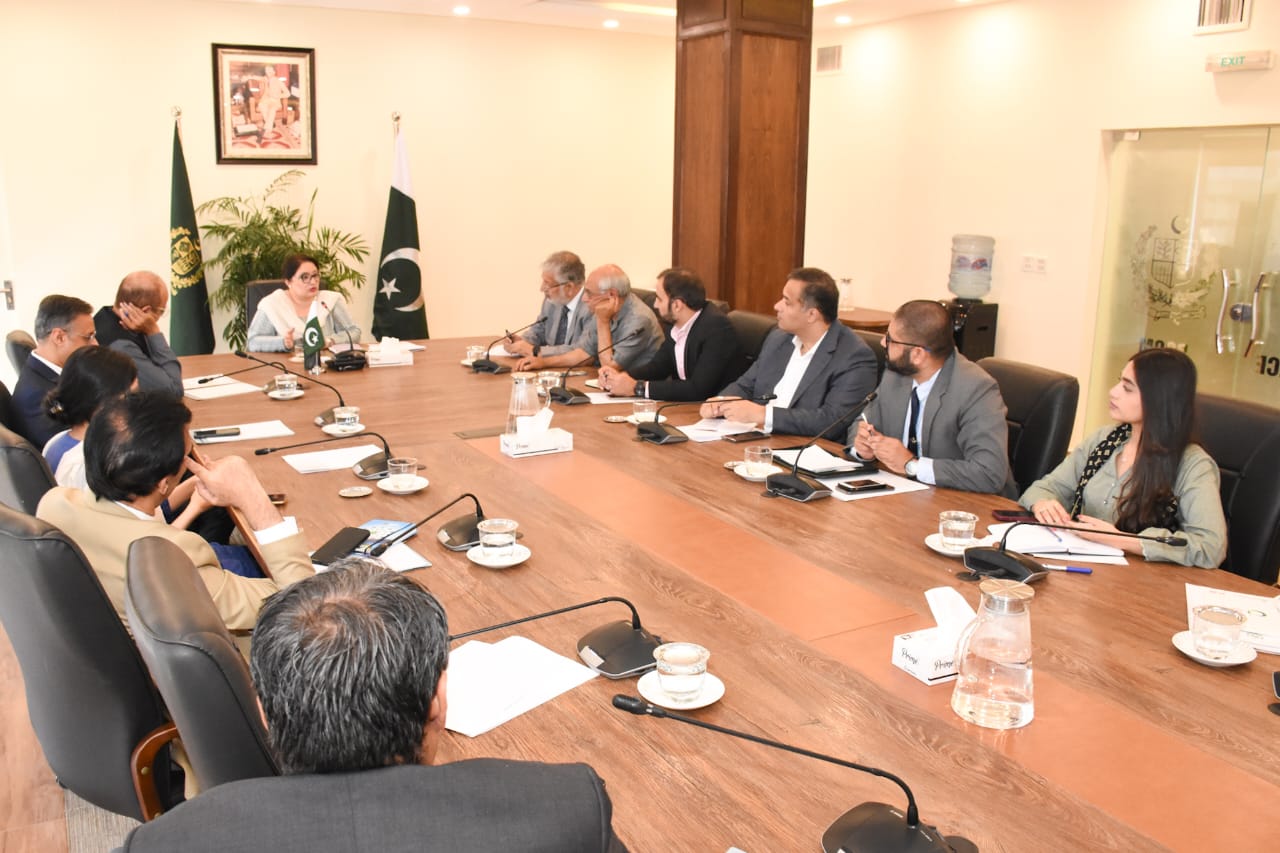Islamabad: The Prime Minister’s coordinator on climate change and environmental coordination stressed the necessity of joint collaboration among all stakeholders, both governmental and non-governmental, to achieve significant national-level impact in addressing the climate crisis. This message was conveyed during the inaugural meeting of the Advisory Committee on Climate Change, comprising representatives from various entities such as SIFC, the Ministry of Federal Education, HEC, COMSATS, the PM Youth Program, IRS, SDPI, the Planning Commission, the Ministry of Power (K-electric), NGOs, CSOs, private universities, and the banking sector.
The committee members lauded the initiative of the Prime Minister’s coordinator to convene all stakeholders on a unified platform to combat climate change collectively. It was decided that the Ministry of Climate Change would develop a dashboard for data collection. The Prime Minister’s coordinator informed the committee about the imposition of a complete ban on plastic use and the organization of events in five-star hotels. She also sought ideas from committee members to promote climate literacy, climate security, climate waste management, and climate-friendly energy sources.
The Chairman of HEC disclosed that he had instructed all vice-chancellors of universities to mandate that every student (over six million) and staff members plant a sapling within the university premises to contribute to the national cause. He also highlighted the lack of a systematic approach as one of Pakistan’s significant challenges.
The Ministry of Education informed the coordinator that the FDE had banned plastic use in schools and initiated various activities, including kitchen gardening, awareness campaigns, and the incorporation of climate change topics into the national curriculum through the National Curriculum Council.
SIFC shared their research findings on pollution reduction related to bikes, brick kilns, and deforestation by housing societies. They suggested the introduction of electric bikes, the revival of cycling culture, the use of cement blocks instead of brick kilns, and the observance of dry days.
Expressing gratitude to all participants, the Prime Minister’s coordinator expressed her determination to change the perception of Pakistan as a waste graveyard in European countries and to transform it into one of the best places on the planet. All stakeholders pledged their full support to the Prime Minister’s coordinator in achieving this national goal.









